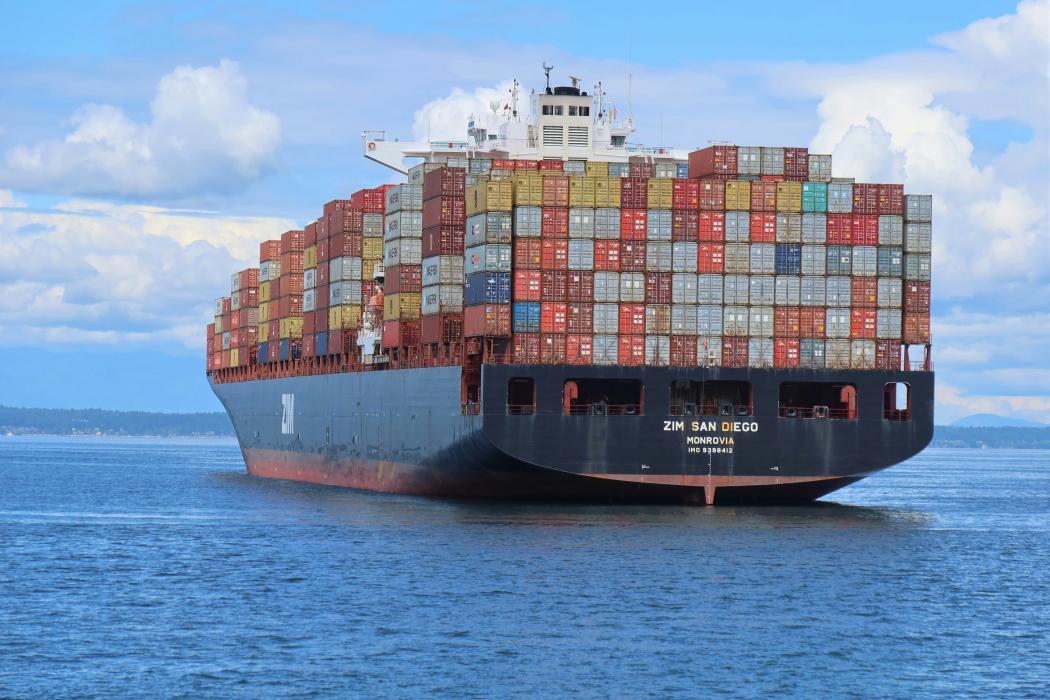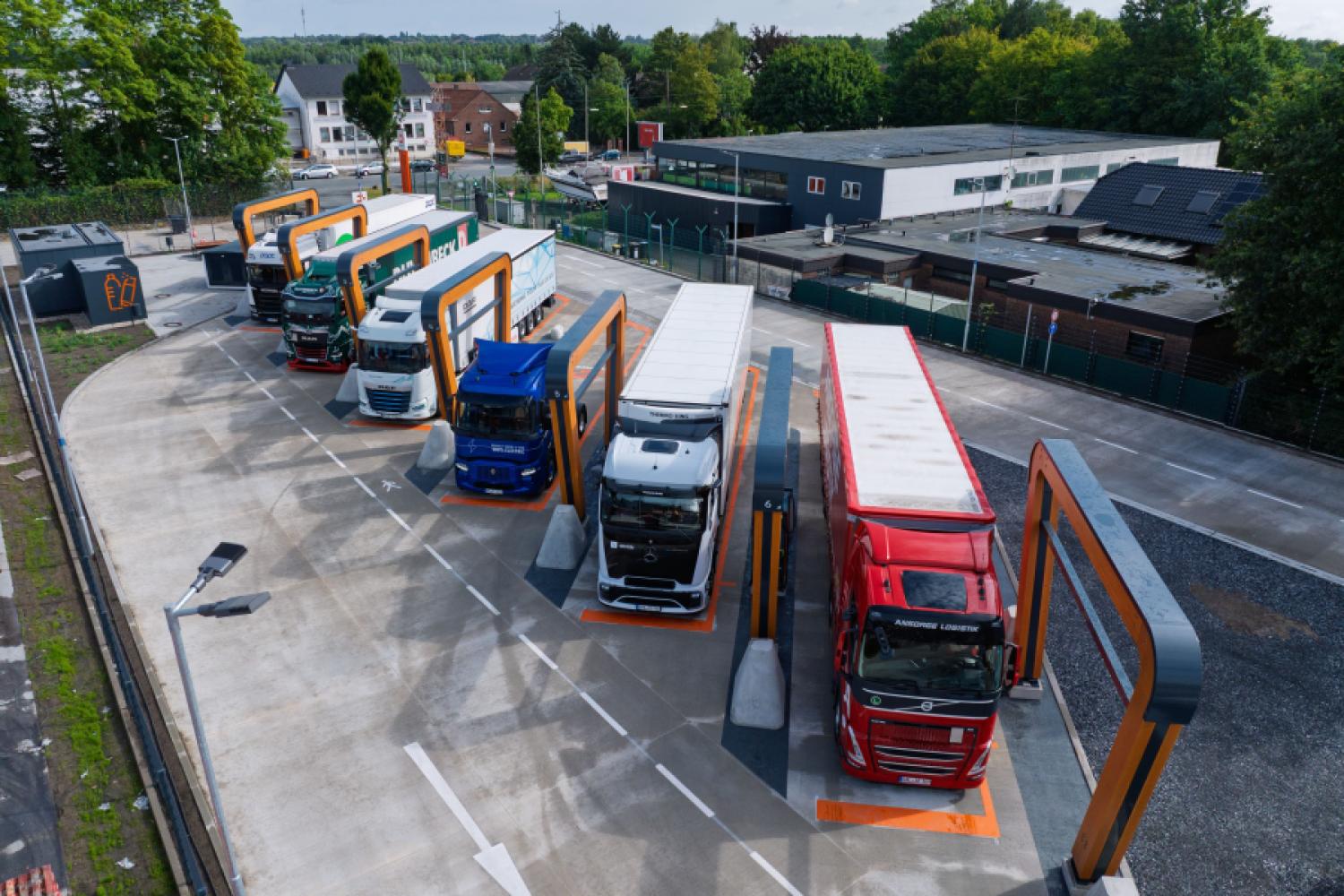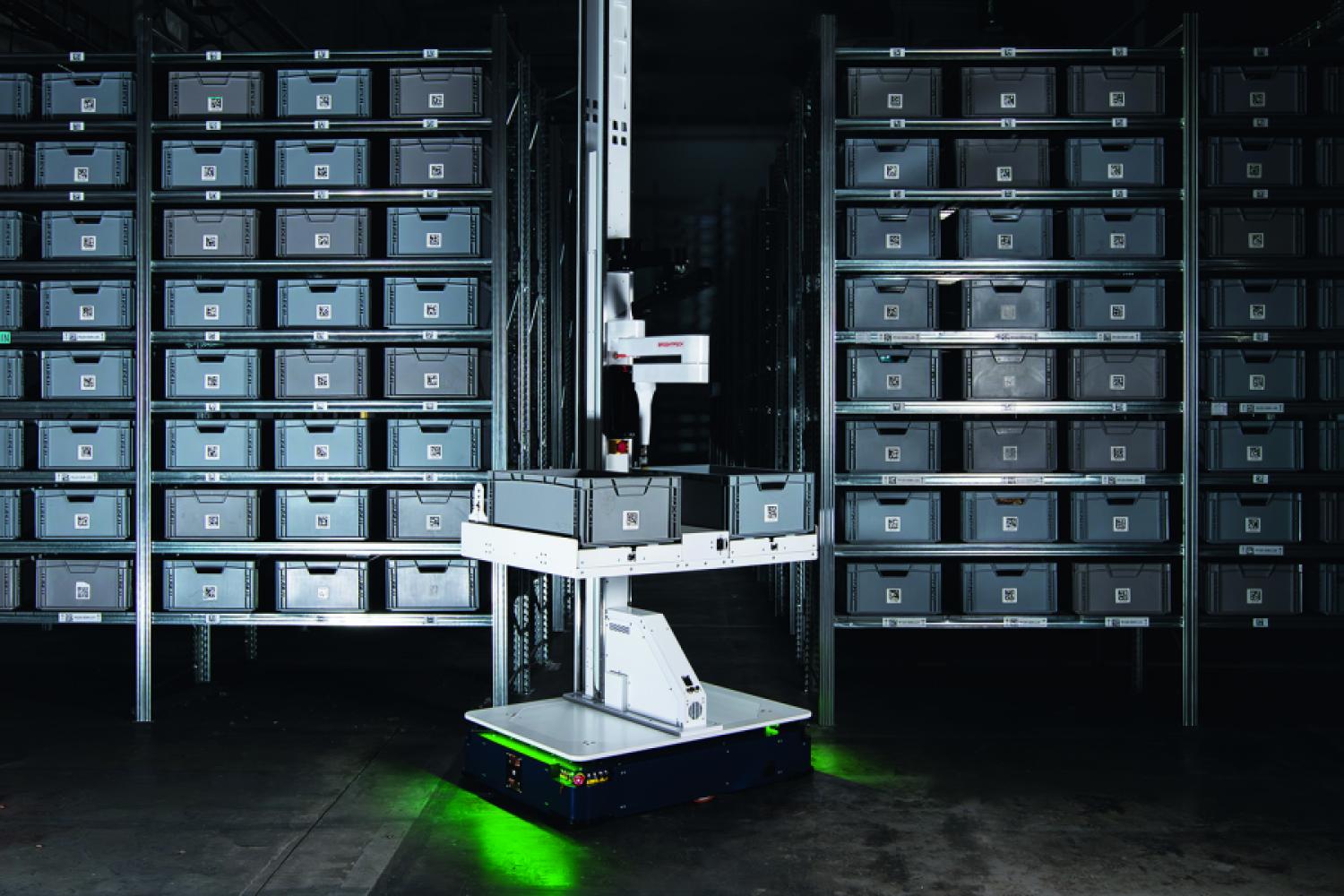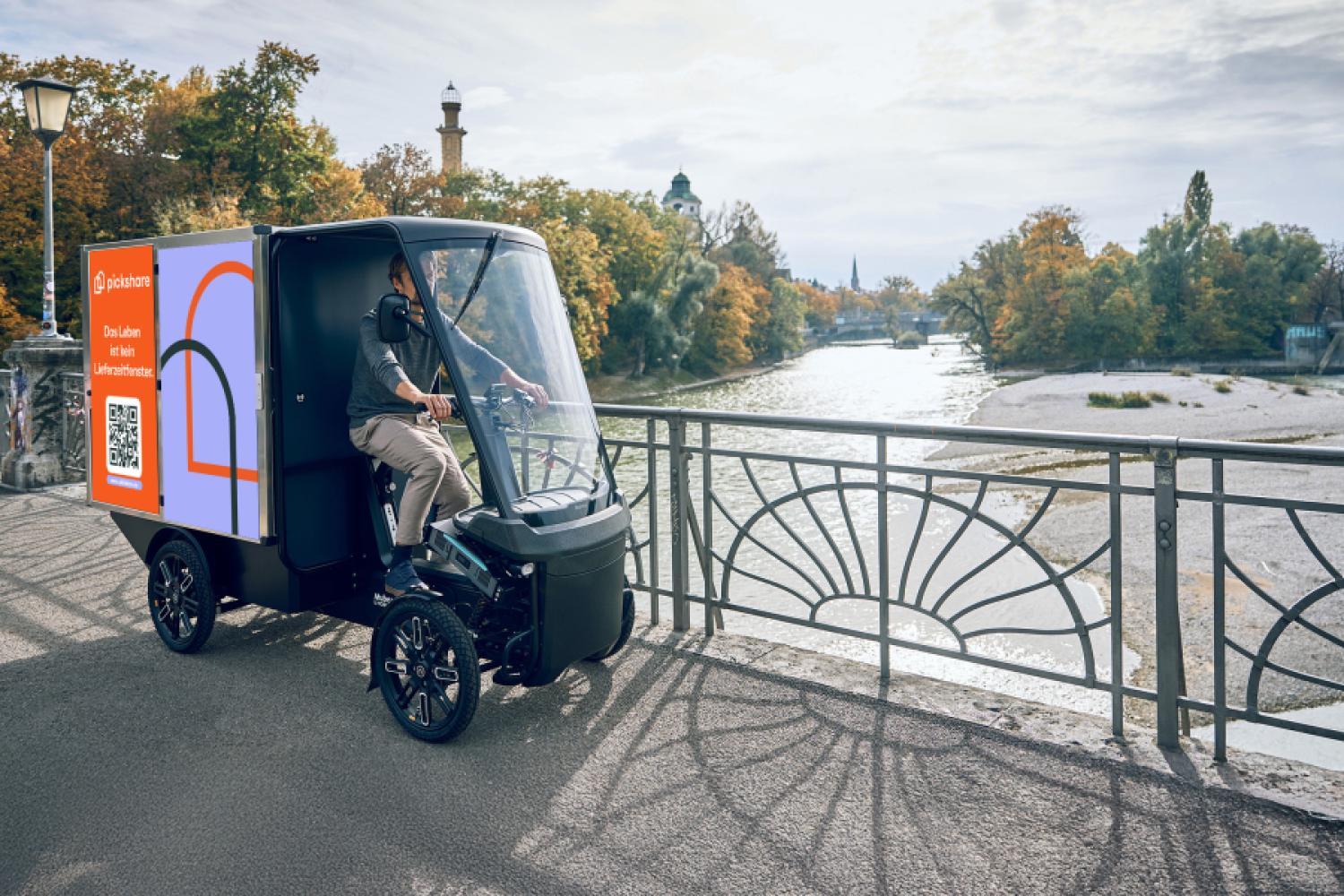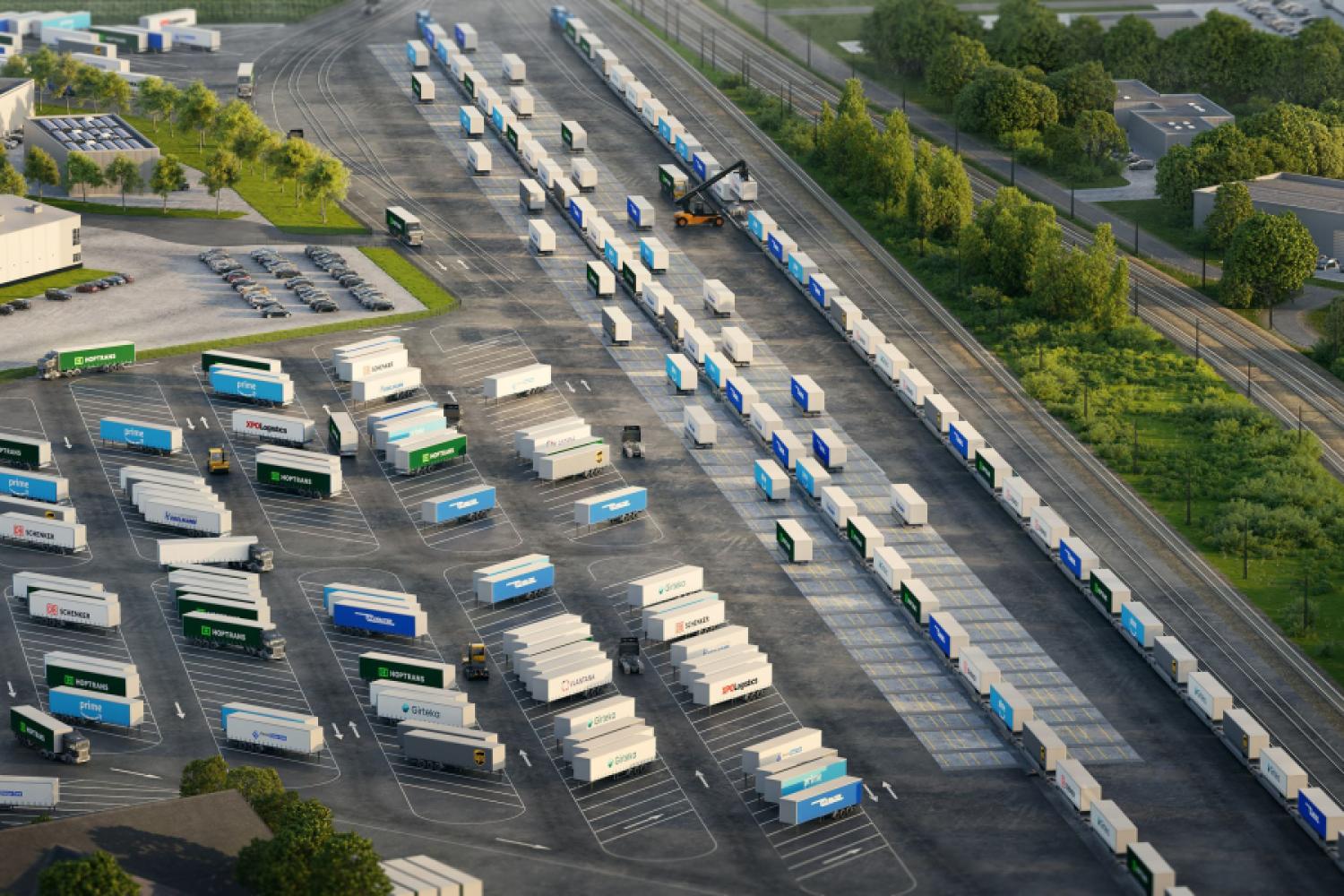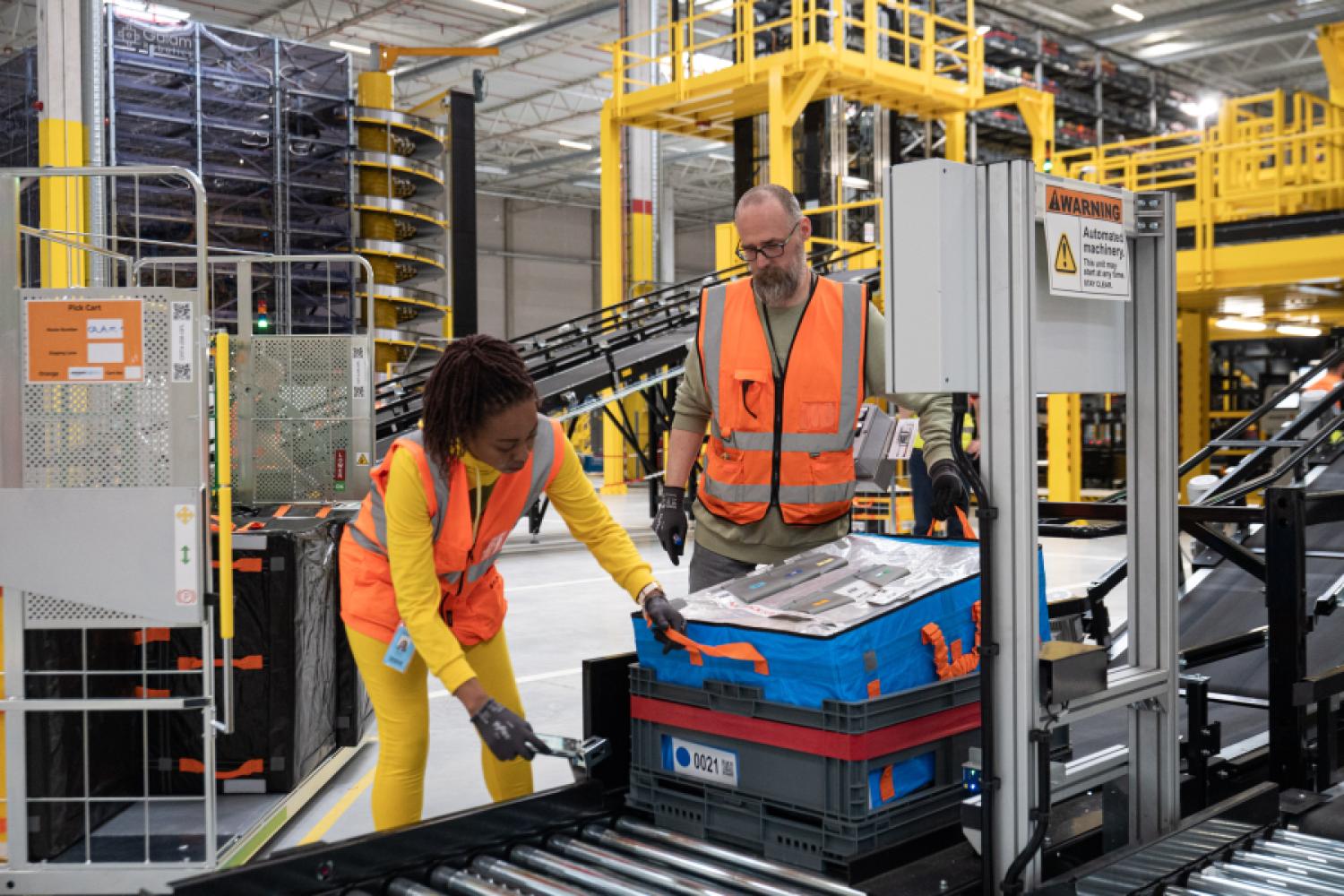Currently, there are delays in port processes, for example in Rotterdam, Antwerp, Le Havre, Bremerhaven, or Hamburg. The reasons are the US customs policy and the low water level on the Rhine.
Patrick Merkel, founder and managing partner of the EMA Group, explains that the average berth time of ships at some ports is currently between three and five days. Staff shortages and, for example, strikes in Antwerp would exacerbate everything. Merkel:
"At the same time, it is often not possible to quickly clear existing backlogs in hinterland transport."
A relaxation of the situation is therefore "rather unlikely" before October this year. But there are also political reasons for the congestion. Ralf Düster, managing director of Setlog GmbH:
"The US customs policy means that shipowners are building new networks for their trade routes. Products from Asia, which
originally had the USA as their destination, are being redirected to locations in Europe."
In addition, inland vessels on the Rhine must comply with current loading restrictions. However, due to the lack of rain in the spring, the river has a low level, so ships may not sit as deep in the water as usual.
German ports not as heavily affected In Germany, however, the situation is not as severe as in the Netherlands or Belgium. A spokesperson from the Port of Hamburg Marketing explained that the situation in the Hanseatic city is not as precarious as at the western ports, but delays continue in parts.
This is also shown by a current Setlog analysis of transit times at selected ports. According to this, the transit times in the first half of the year in Hamburg averaged
only 0.5 days above the value from the comparison period of 2024. In Rotterdam, however, the value was 4.5 days. For the analysis, the experts evaluated around 10,000 shipments from 25 selected customers or brands. Setlog managing director Düster:
"In Hamburg, the consecutive run improved the figures. Thanks to digital tools for real-time tracking of shipments like Shippeo and intelliWay, logistics service providers have the opportunity to respond to disruptions. Companies with transparency in their supply chain generally have a clear advantage over the competition."
Reordering of alliances Additionally, the reordering of shipping alliances would also contribute to the delay. In the past, large shipping companies had joined forces to share resources. Ships, routes, and terminals were, for example, used jointly. Some of these cooperations no longer exist. Düster:
"Many things are being replanned, new schedules or
terminal changes are taking place."
Düster does not expect that the ports will invest heavily in increasing capacities due to the current congestion: That would be enormously expensive and would take years. He also does not believe that the current bottlenecks in the industry due to missing components could lead to temporary production stops—as during the peak of the Corona pandemic. Düster:
"Companies have learned from the past, especially when Covid-19 paralyzed production processes for days or temporarily caused empty shelves in retail."
Many companies have changed their purchasing strategies, worked with higher safety stocks, and calculated longer delivery times. This can also be read from the customer data. Düster:
"Forward-thinking companies that could rely on scheduled deliveries in the past have long since developed new, agile strategies, digitized their supply chains, and prepared for the volatile
